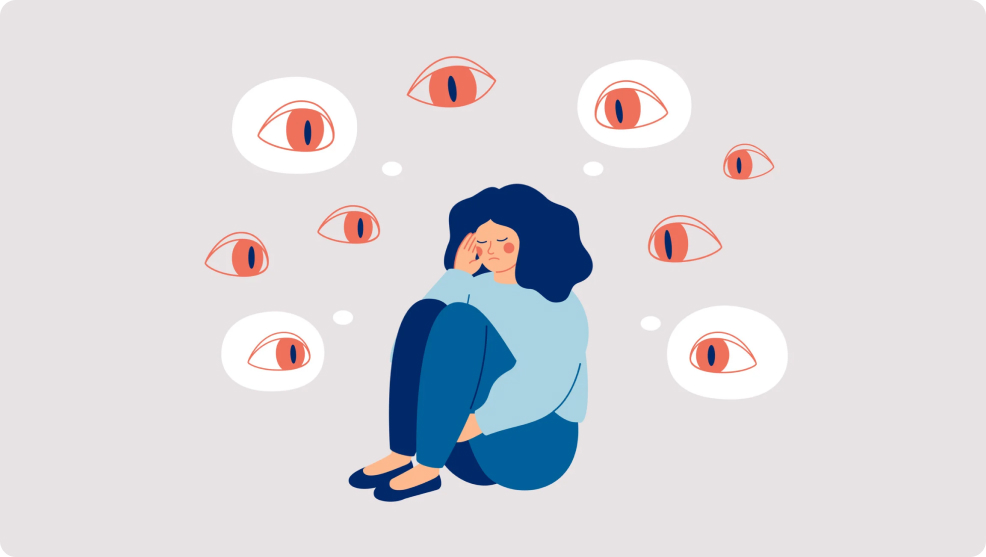Bipolar disorder, formerly known as manic depression, is a mental health condition characterized by extreme mood swings, ranging from elevated and euphoric episodes (mania) to periods of intense sadness (depression). These mood shifts can significantly impact a person’s daily life, relationships, and overall well-being. Today, we will explore the symptoms of bipolar disorder and how it manifests across different age groups, addressing common questions and providing answers to enhance understanding.
Symptoms of Bipolar Disorder
Manic Episodes
- Heightened energy levels and restlessness
- Overconfidence and euphoria
- Reduced need for sleep
- Racing thoughts and difficulty concentrating
- Engaging in impulsive or risky behaviors
- Rapid speech
Depressive Episodes
- Prolonged periods of profound sadness and hopelessness
- Loss of interest in previously enjoyed activities
- Disturbed sleep patterns, including insomnia or excessive sleep
- Feelings of guilt, worthlessness, or anxiety
- Difficulty concentrating and making decisions
- Changes in appetite and weight

Childhood and Adolescent Onset
Bipolar disorder can be challenging to diagnose in children and adolescents due to the overlap with other mental health conditions and normal developmental changes.
Symptoms can manifest differently in young people, including:
- Frequent mood swings
- Irritability and angry outbursts
- Hyperactivity or restlessness
- Poor academic performance
- Impulsive or risky behaviors
- Comorbidities such as ADHD or anxiety disorders
Diagnosing bipolar disorder in children and adolescents involves thorough assessment by mental health professionals, including observation of mood patterns over an extended period.

Adult Onset
In adults, bipolar disorder often emerges in late teens or early adulthood.
Symptoms may include:
- More pronounced mood swings with distinct episodes of mania and depression
- Increased risk-taking behaviors during manic phases
- Difficulty maintaining employment or relationships due to mood fluctuations
- Substance abuse issues
- Recurrent thoughts of suicide or self-harm during depressive episodes
It’s important to note that bipolar disorder affects individuals on a spectrum, and symptoms may vary in intensity and duration. Early intervention, accurate diagnosis, and a comprehensive treatment plan are crucial for managing bipolar disorder effectively.
Common questions and answers about Bipolar Disorder
1. Can bipolar disorder be cured?
While there is no cure for bipolar disorder, proper treatment and ongoing management strategies can help individuals lead fulfilling lives. Medication, therapy, and lifestyle adjustments are often employed to minimize symptom severity and enhance overall well-being.
2. Is bipolar disorder genetic?
Research suggests a genetic component to bipolar disorder, with an increased likelihood of developing the condition if a close family member has it. However, genetic predisposition alone does not guarantee the development of the disorder.
3. Can individuals with bipolar disorder lead successful lives?
Absolutely! With proper treatment and support, individuals with bipolar disorder can lead successful, fulfilling lives. Many high-achieving individuals, both historically and presently, have bipolar disorder.
4. How is bipolar disorder different from depression?
Bipolar disorder should not be confused with depression alone. While both involve depressive episodes, bipolar disorder also includes manic or hypomanic episodes. The presence of these elevated mood episodes sets bipolar disorder apart from unipolar depression.
5. Can lifestyle changes help manage bipolar disorder?
Maintaining a stable routine, engaging in regular exercise, getting enough sleep, avoiding substance abuse, and minimizing stress can all contribute positively to managing symptoms of bipolar disorder. However, lifestyle changes should be discussed and tailored to each individual’s needs in consultation with mental health professionals.

Bipolar disorder is a complex mental health condition characterized by extreme mood swings. Recognizing the symptoms, understanding how it manifests across different age groups, and addressing common questions are crucial steps towards providing support and improving the quality of life for those living with bipolar disorder. Seeking professional help, fostering understanding, and offering empathy are essential for individuals to thrive while managing this challenging condition.



